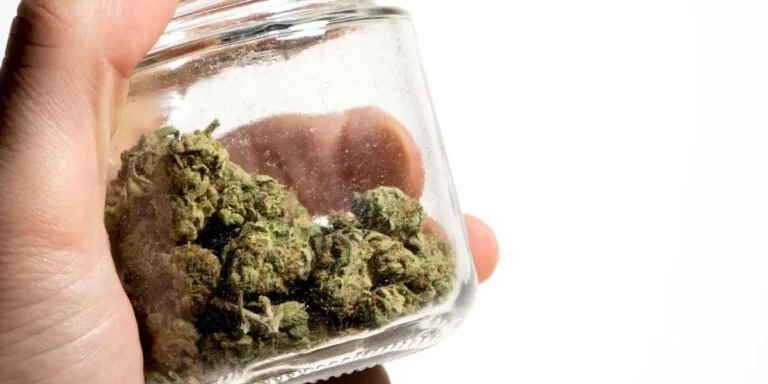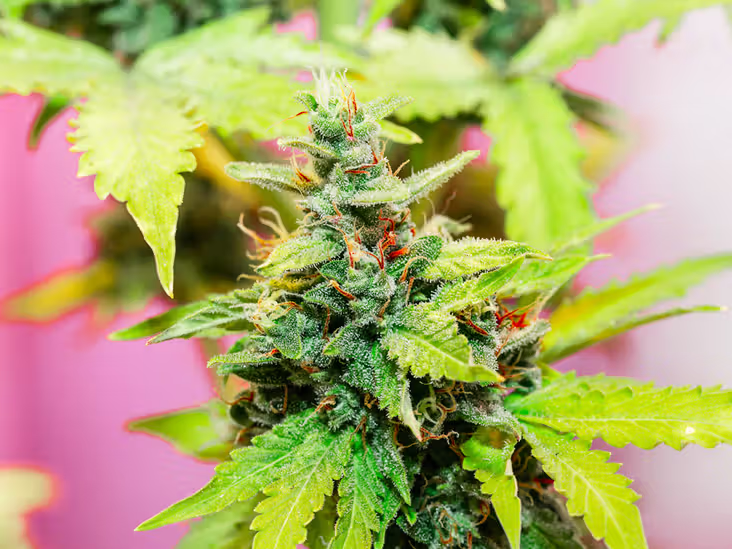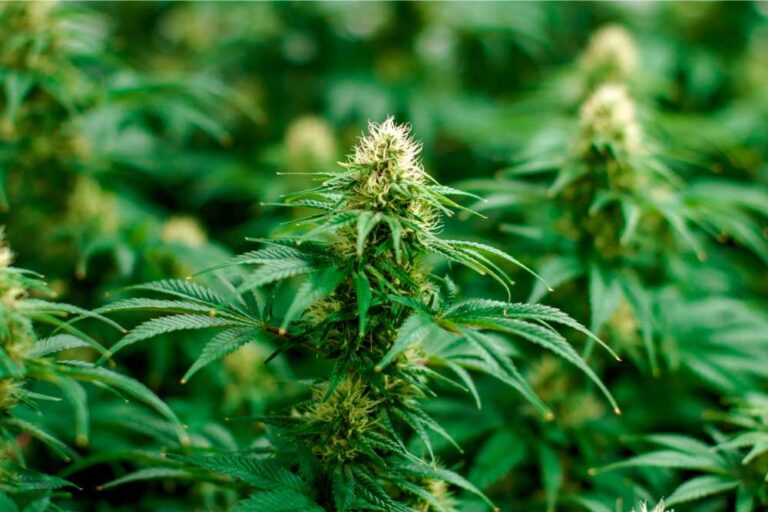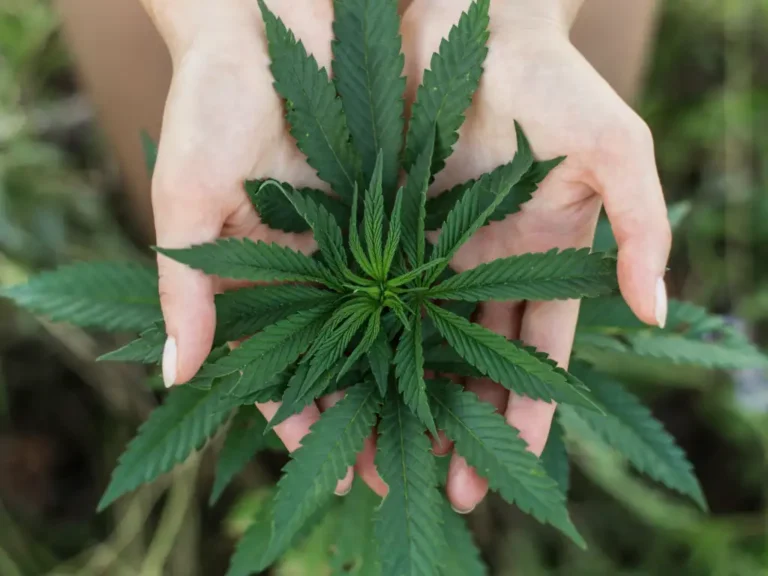Is Delta 9 Legal In Wisconsin
The question, “Is Delta 9 legal in Wisconsin?” is one that many cannabis enthusiasts and potential users are eager to understand. The legal framework surrounding cannabis and its derivatives in the U.S. is intricate and constantly changing, and Wisconsin is no exception. This blog aims to clarify the current legal status of Delta 9 THC in Wisconsin by examining state laws, federal regulations, and what they mean for consumers and businesses.
Delta 9-tetrahydrocannabinol (Delta 9 THC) is the main psychoactive compound in cannabis, responsible for the high that users experience. Its legality varies widely from state to state, shaped by both state and federal regulations. To determine whether Delta 9 is legal in Wisconsin, we need to dive into the specifics of these laws.
On the federal level, Delta 9 THC is classified as a Schedule I controlled substance under the Controlled Substances Act, meaning it’s considered to have a high potential for abuse and no accepted medical use. However, the 2018 Farm Bill brought a major shift by legalizing hemp and its derivatives, as long as they contain less than 0.3% Delta 9 THC on a dry weight basis. This distinction between hemp and marijuana has created a nuanced legal landscape.
Wisconsin adheres to federal law when it comes to the classification of Delta 9 THC. According to state law, marijuana and any products containing more than 0.3% Delta 9 THC are considered illegal. The possession, sale, or distribution of marijuana is strictly prohibited, and violators may face criminal penalties. As a result, traditional marijuana, which generally contains higher levels of Delta 9 THC, remains illegal in Wisconsin.
However, hemp-derived products that comply with the federal limit of 0.3% Delta 9 THC are legal in the state. This is in line with the 2018 Farm Bill, which allows for the sale and use of hemp-derived CBD products, provided they remain within the Delta 9 THC threshold. Therefore, items such as CBD oil, edibles, and other hemp-based products can be legally purchased and consumed in Wisconsin, as long as they meet these regulatory standards.
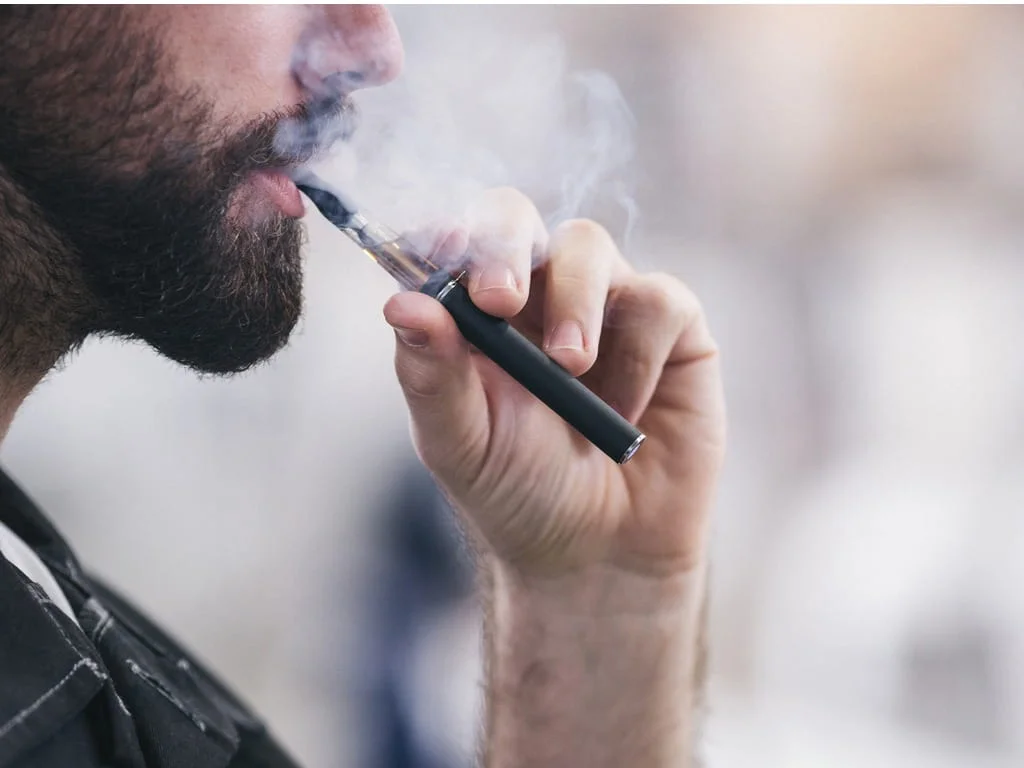
The legality of Delta 9 THC in Wisconsin is more complex when it comes to the production and sale of these products. Hemp growers and processors must follow strict regulations to ensure their products remain within the legal Delta 9 THC limit. This requires regular testing and adherence to both state and federal laws. The Wisconsin Department of Agriculture, Trade and Consumer Protection (DATCP) oversees the state’s hemp program, ensuring compliance with the necessary standards for hemp-derived products.
Despite the legal status of hemp-derived Delta 9 THC, the broader issue of marijuana legalization, particularly for recreational use, remains a topic of ongoing debate in Wisconsin. Currently, recreational marijuana is not legal in the state. Legislative efforts to legalize medical marijuana have seen mixed results. Proponents of legalization point to potential economic gains and improved public health, while opponents raise concerns about misuse and possible negative effects on society.
For consumers in Wisconsin wondering about the legality of Delta 9 THC, the answer depends on the source and concentration of the THC in the product. Hemp-derived products containing less than 0.3% Delta 9 THC are legal, while marijuana and products exceeding this threshold remain prohibited. Consumers must be mindful of these distinctions and buy from reputable vendors that comply with state and federal laws.
Businesses in Wisconsin’s cannabis industry must carefully navigate this intricate legal environment. Strict compliance with testing, labeling, and other regulatory standards is critical to avoiding legal issues. As the conversation around cannabis legalization continues, businesses must stay up-to-date on legal changes that may affect their operations.
To answer the question, “Is Delta 9 legal in Wisconsin?”—hemp-derived products containing less than 0.3% Delta 9 THC are legal, but marijuana and products exceeding that limit are not. Both consumers and businesses must remain vigilant in understanding and adhering to these laws as the legal landscape continues to evolve. Staying informed about legislative developments is essential for successfully navigating Delta 9 THC regulations in Wisconsin.



